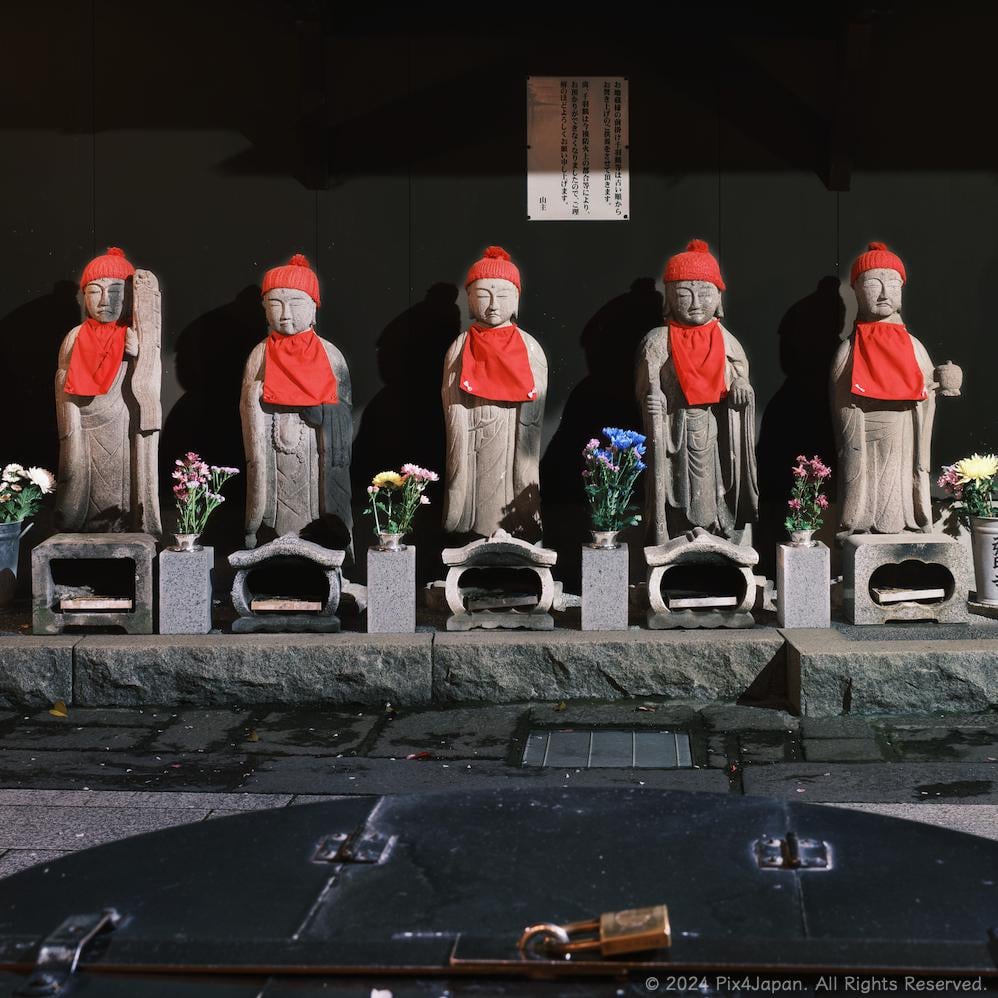[ad_1]

Jizo Bodhisattva, also known as Ksitigarbha, is a beloved figure in Japanese Buddhism known for his compassion and mercy. He is often depicted as a monk with a staff and a jewel, symbolizing his ability to guide and protect those in need.
In ancient Japan, Jizo was seen as a protector of travelers, children, and the deceased. His statues were placed along roadsides and in cemeteries, serving as a beacon of hope and comfort for those facing hardships or grief. People would often leave offerings and prayers at these statues in hopes of receiving Jizo’s aid and protection.
In modern Japan, Jizo continues to be revered as a symbol of mercy and compassion. His statues can be found in various places, including shrines, temples, and even in neighborhoods. Many people still turn to Jizo in times of need, such as when facing illness, loss, or other challenges.
Jizo is also associated with the belief in the afterlife and the concept of reincarnation. It is believed that he helps guide souls to the afterlife and offers them comfort and support along the way.
Overall, Jizo Bodhisattva remains a prominent figure in Japanese culture and continues to serve as a source of comfort, inspiration, and hope for many people in both ancient and modern times.
